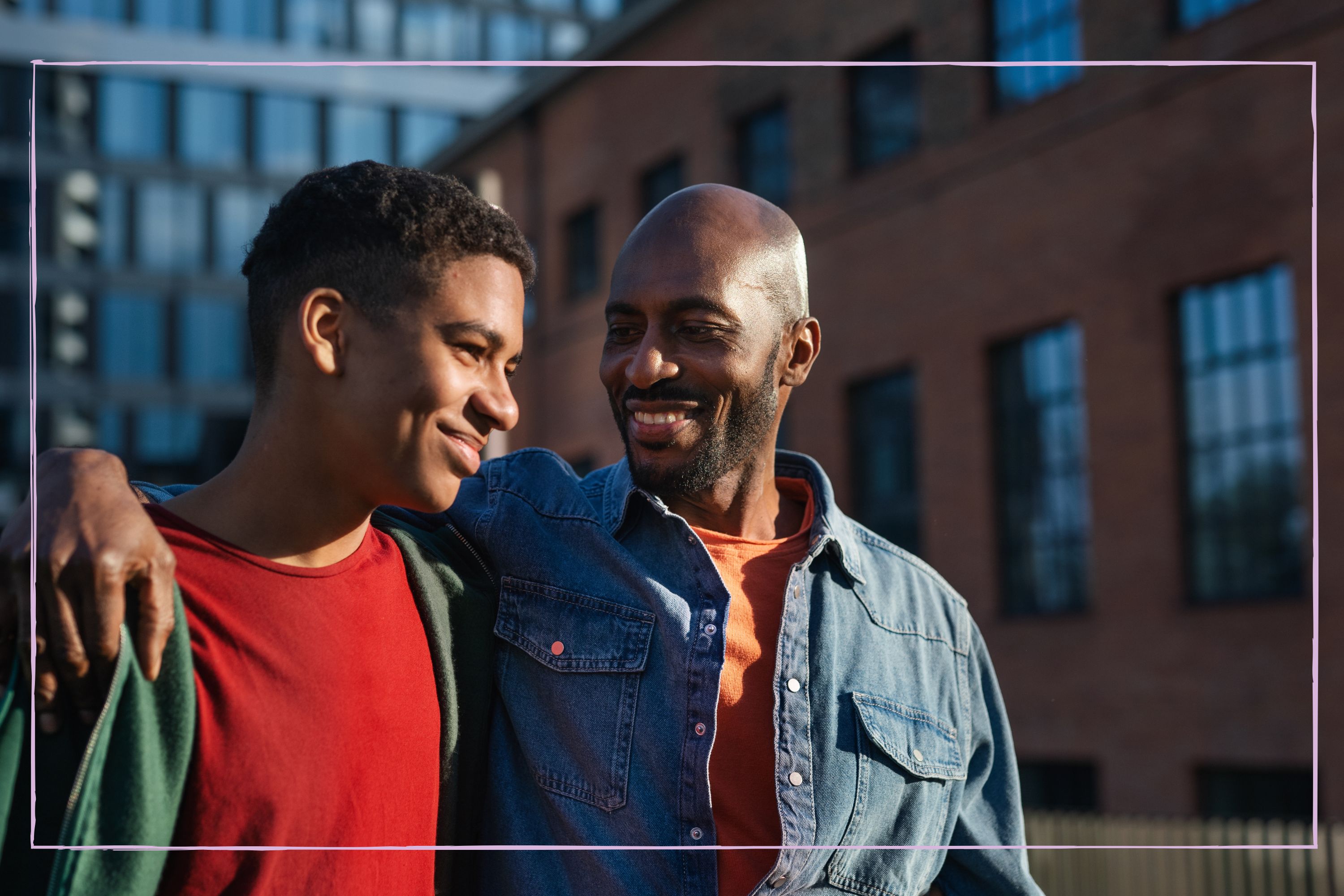Empathy is a ‘critical skill’ for adults and new research has revealed how a child’s upbringing can help, or hinder, them from developing it
Groundbreaking research has shown how empathy is passed through generations of a family

A new study conducted over 25 years has revealed how a parent's approach to showing their teenage child empathy can not only impact their kid's upbringing, but can in turn affect how their grandkids are brought up too.
Parenting a teenager is an endeavour riddled with challenges for many parents. From dealing with and finding solutions for their 'disrespect and laziness' as well as helping them to prioritise their mental health while still encouraging those who don't want to revise for exams to do so, everyday poses some new hill to climb.
And not to add to the pressure, but how you parent your teen could, in turn, impact how they raise your grandchildren when they eventually start a family of their own.
New research published by the Society for Research in Child Development has presented the findings of a groundbreaking study that, over a whopping 25 years, traced how empathy developed across three generations.
What they found was that parents who expressed empathy toward their children as they faced various struggles throughout their teenage years, gave their teens a 'head start' in developing the skill of showing empathy themselves. This in turn made them show empathy and support toward their friends and they grew up to be more supportive parents who fostered empathy in their own children when they had them, thus beginning the whole cycle again.
The study conducted by researchers at the University of Virginia tracked 184 adolescents for more than 25 years, following them from the age of 13 until they were well into their 30s.
The research began in 1998. First, the teens would visit the university every year with their parents, letting the researchers film their conversations to observe how much empathy the mother showed to her child when they needed help with a problem. "We measured empathy by rating how present and engaged mothers were in the conversation, whether they had an accurate understanding of their teen’s problem, and how much help and emotional support they offered," the researchers explained in The Conversation.
Parenting advice, hot topics, best buys and family finance tips delivered straight to your inbox.
Then, when the child reached the age of 19, they visited the university with their closest friend so researchers could observe whether they showed empathic behaviours towards them. A decade later, those participants who had now had children of their own were surveyed about their parenting style and were also asked about their young child’s understanding of empathy.
Talking about the importance of the findings, the researchers explained, "The ability to empathise with other people in adolescence is a critical skill for maintaining good relationships, resolving conflict, preventing violent crime and having good communication skills and more satisfying relationships as an adult.
"Adults want teens to develop good social skills and moral character, but simply telling them to be kind doesn’t always work. Our findings suggest that if parents hope to raise empathic teens, it may be helpful to give them firsthand experiences of being understood and supported."
In other family news, if it feels like your teenager is tuning you out, they probably are, but research proves it’s not personal, just science. And, are you confused by teenage slang? We share the meanings behind 123 terms your teen might use (and #38 explains a lot). Plus, emotionally healthy children need their parents to do these 10 important things, according to experts.
Charlie Elizabeth Culverhouse is a news writer for Goodtoknow, specialising in family content. She began her freelance journalism career after graduating from Nottingham Trent University with an MA in Magazine Journalism, receiving an NCTJ diploma, and earning a First Class BA (Hons) in Journalism at the British and Irish Modern Music Institute. She has also worked with BBC Good Food and The Independent.